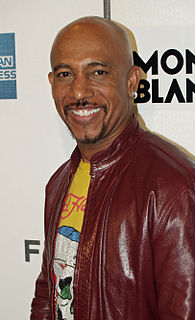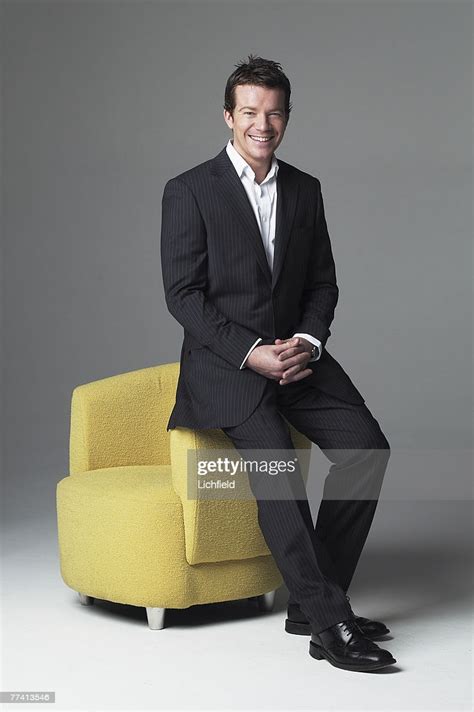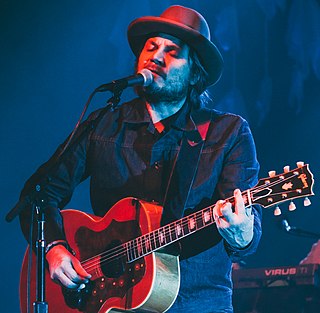A Quote by Terrell Suggs
I think everybody should have a certain amount of privacy, even though they are in the public eye, no matter who they are.
Related Quotes
Privacy is dead. We live in a world of instantaneous, globalised gossip. The idea that there is a 'private' sphere and a 'public' sphere for world leaders, politicians or anyone in the public eye is slowly disintegrating. The death of privacy will have a profound effect on who our leaders will be in the future.
If you fall in love with someone, it doesn't matter who they are. I've had lots of girlfriends who weren't in the public eye. It is hard, all the intrusion: you have a row with someone, and even though you've sorted everything out, you get the are-they-going-to-split headlines for the next ten days.
One can think of any given axiom system as being like a computer with a certain limited amount of memory or processing power. One could switch to a computer with even more storage, but no matter how large an amount of storage space the computer has, there will still exist some tasks that are beyond its ability.



































